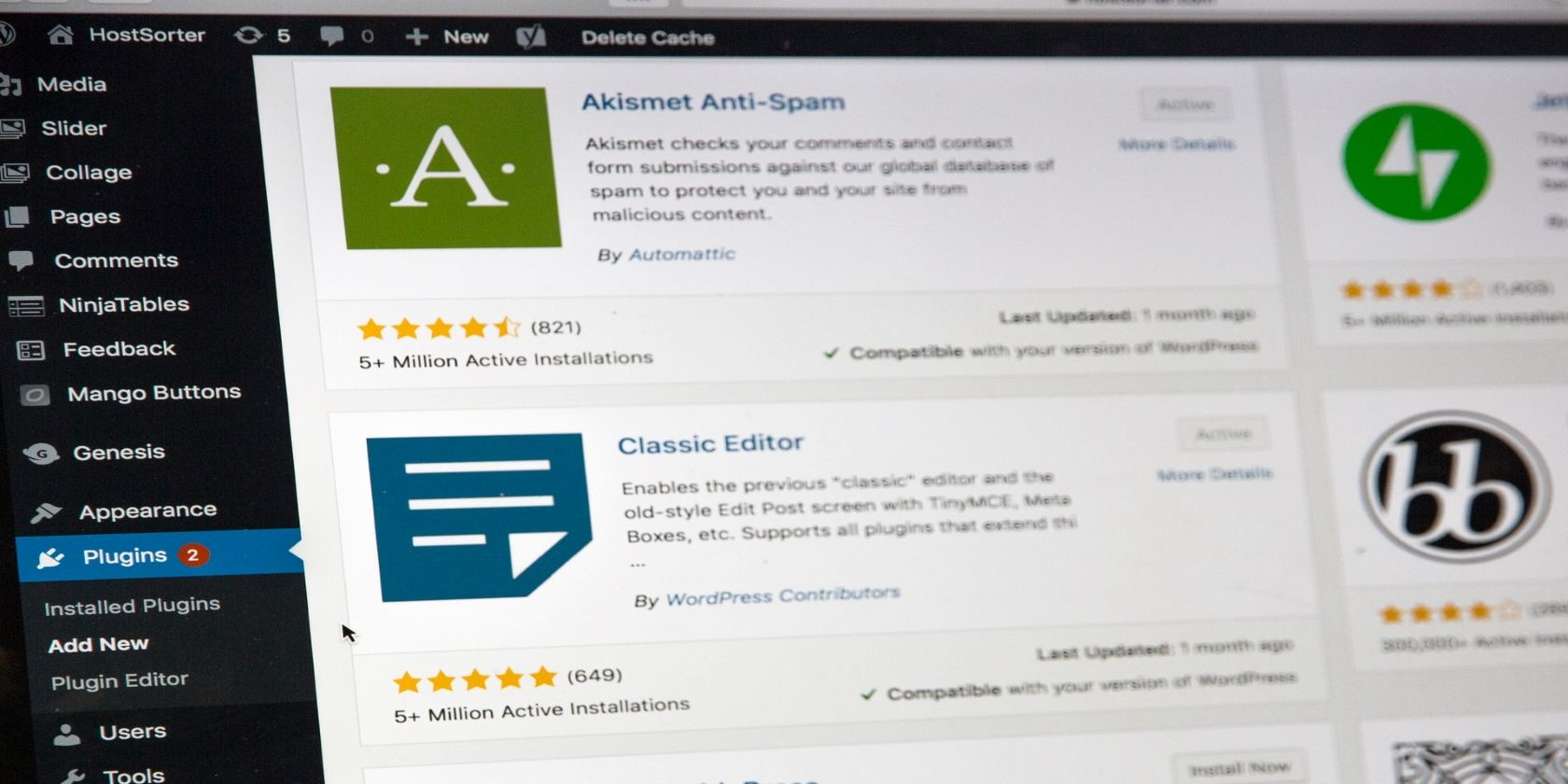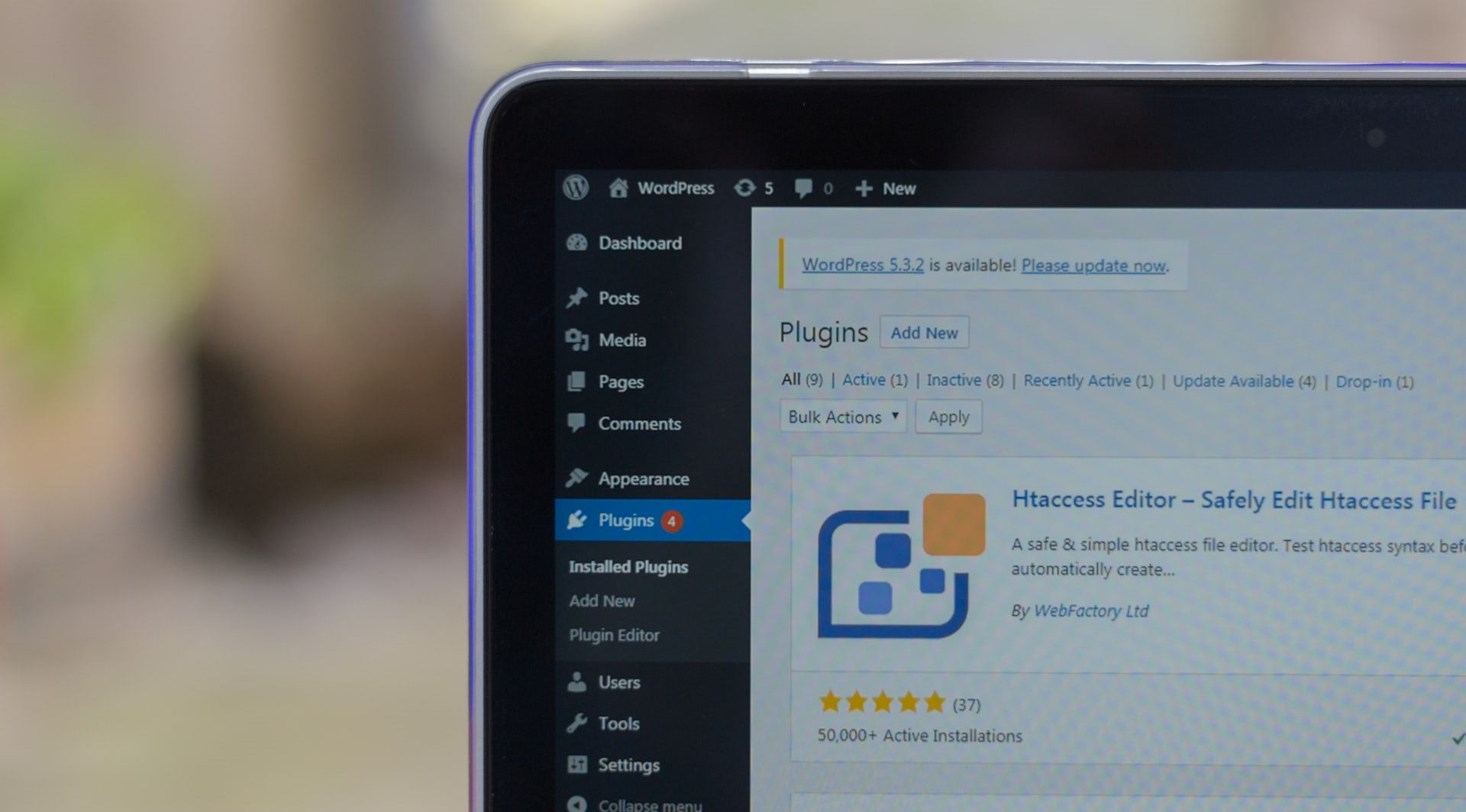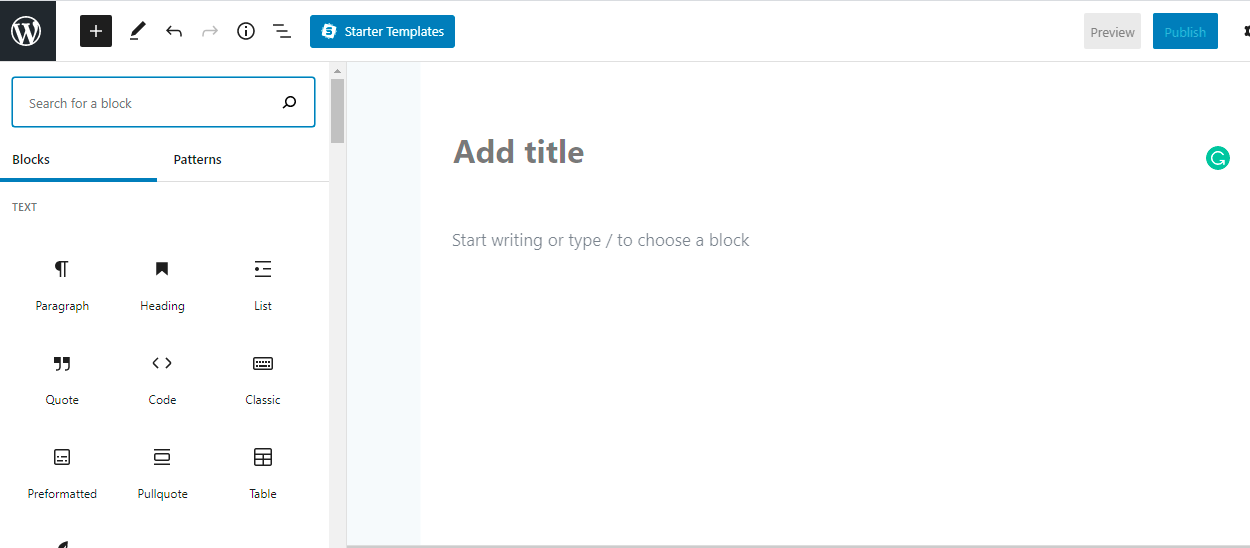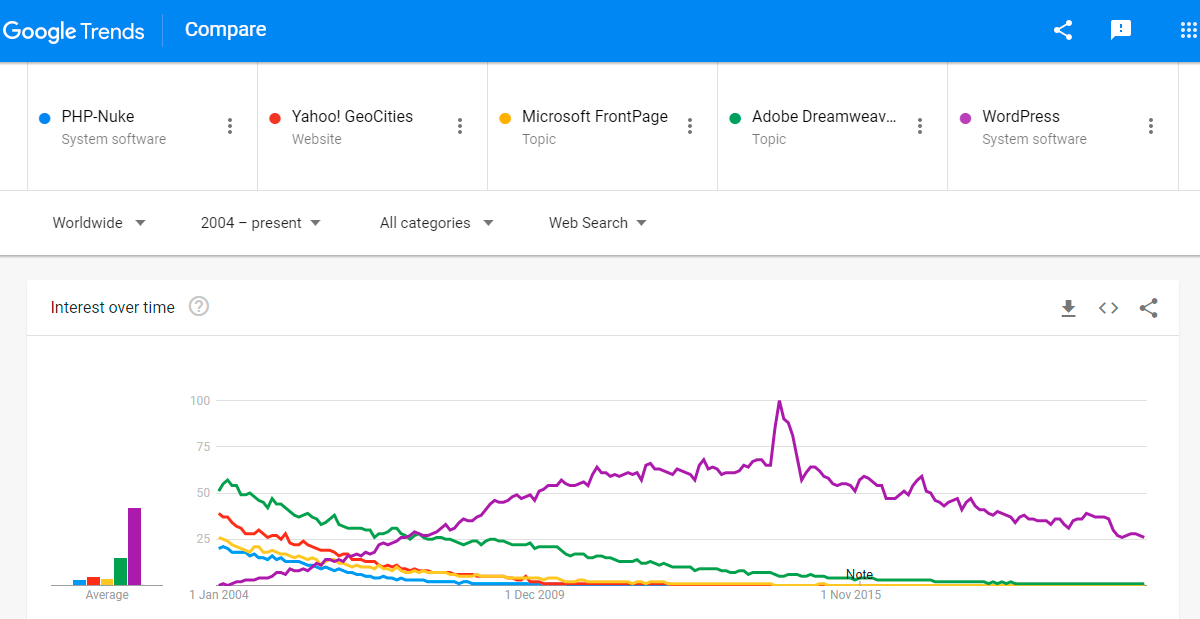Over 40 percent of websites run on WordPress. Despite its popularity, it has come under criticism for multiple reasons, and people are questioning if it’s even worth using in 2021.
What are the key problems with WordPress? Why does it remain popular? Could it soon be abandoned in favor of alternative hosting platforms?
Let’s find out.
The 3 Biggest Flaws of WordPress
WordPress has some issues which cast doubt on its future. Here are the three critical ones.
1. Security Risks
WordPress is prone to cyber-attacks. Around 90 percent of CMS-based websites that are hacked use WordPress.
Its popularity makes WordPress a favorite target for hackers. By spotting a security loophole in the core software or any plugin, hackers can gain access to thousands of websites. With a vast number of plugins and themes available, hackers can exploit vulnerabilities in any of them to compromise your website.
WordPress users themselves are somewhat responsible for these vulnerabilities. Using outdated core software or plugins and a lack of effective security measures make your website more susceptible to hacking.
If security is your prime concern, we recommend using a more secure CMS like MODX or using WordPress security plugins.
2. Slow Loading Speeds
A fast-loading website not only helps your Google rankings but also prevents visitors bouncing elsewhere.
WordPress takes more server resources and, in most cases, has redundant code, resulting in a slow website. The use of excessive plugins or heavy themes makes WordPress websites even more sluggish.
If you’re looking to build a simple website that doesn’t need frequent changes, static websites can offer better loading speed.
3. The Need for Plugins
From caching to contact forms, you need a WordPress plugin for most of the basic functionalities.
Although you can easily find a suitable plugin for every purpose, installing too many plugins will hamper your website’s speed. If you’re using multiple plugins, you may run into compatibility issues.
Despite thousands of free plugins, you’ll need to purchase premium versions if you want to stand out and enjoy advanced features. These subscription-based paid plugins can increase your website’s operational cost drastically.
Why Is WordPress Still So Popular?
What makes WordPress so popular in spite of multiple drawbacks?
Despite the above-discussed issues, there’s no denying WordPress is still a powerful and popular CMS. Let’s see why.
1. Ease of Use
Setting up a website with WordPress is extremely easy and simple. A person with some basic computer skills can get their website live with WordPress. Thanks to its intuitive interface, it’s easy to navigate through the dashboard.
2. Support From the Community
There’s a huge and helpful community that uses WordPress. If you ever run into a problem with WordPress (or even some of its popular themes and plugins), you can find tons of solutions on the WordPress support forum or get personalized advice from the members.
The presence of this large and supportive community makes WordPress a popular choice for beginners.
3. Tons of Themes, Plugins, and Features
The abundance of WordPress themes and plugins is also an advantage. You can choose the theme that reflects your brand identity without coding your website from scratch.
Other than add-ons, you can customize the code to suit your needs. If you can’t code yourself, it’s easy to find a freelance WordPress developer for an economical price.
4. Versatility
With WordPress, you don’t have to worry whether your CMS supports the type of website you want to build. From blogs and portfolios to e-commerce stores and e-learning sites, you use WordPress to build whatever you want using plugins and customization.
Gutenberg Block Editor: A New Way to Publish Content
The WordPress editor had remained the same over the years. But recently, WordPress released a new text editor by the name of Gutenberg to radically change the way we publish content.
Considering the rise of intuitive blogging platforms, a change was definitely needed. But the complete overhaul of WordPress editor received a divisive response from the community.
Some webmasters loved the new block editor as it enables them to add rich content easily. While others considered it to be too complicated and preferred sticking with the Classic editor.
WordPress 5.0 and later versions use Gutenberg editor by default. So the users who preferred the older version have forked WordPress into ClassicPress. Furthermore, the WordPress team itself has released a plugin that allows you to switch back to the Classic editor, even with the latest WordPress versions.
Outdated Website Builders: How Does WordPress Compare?
This Google Trends graph shows how WordPress became popular with time as other website builders got outdated.
Since the beginning of the World Wide Web, several website builders/CMS have become outdated after years of popularity. Let’s have a look at a few.
1. Adobe Dreamweaver
Originally created by Macromedia, Adobe Dreamweaver is software for designing and developing HTML webpages. For novices, it has a WYSIWYG editor while professionals can use Code View to access and edit the code.
Although it’s still available, there are better and cheaper options out there.
2. Yahoo! GeoCities
GeoCities was a web hosting service that allowed users to build websites for free and displayed ads on them. Though it was never a professional website builder, GeoCities was a popular choice for creating blogs and personal websites. Yahoo acquired GeoCities and later discontinued it in 2009 (in the USA).
You can view the archived pages of GeoCities here to relive your memories.
3. Microsoft FrontPage
Launched in 1995, FrontPage was another WYSIWYG HTML editor that allowed non-developers to create websites easily. Following multiple replacements with other tools, Microsoft discontinued it.
4. PHP-Nuke
PHP-Nuke was a clunky yet powerful CMS. As the name suggests, it was written in PHP language. A fork of Thatware news, it allowed website editors and users to post articles and comments, creating a sort of forum. Although its open-source code is still available, PHP-Nuke is not worth considering anymore.
Is WordPress Dying?
For most people, WordPress is still a great choice. It’s simple, powerful, and free. Though it has some shortcomings, you can use plugins to overcome them.
Despite the mixed response it has received, the development of the Gutenberg block editor is an encouraging sign. Hopefully, we will continue to see more improvements in the future.
For now, at least, WordPress is not going anywhere. With the aging technology of WordPress, it will become obsolete at some point in the future. Therefore, you should begin exploring more advanced alternatives.





